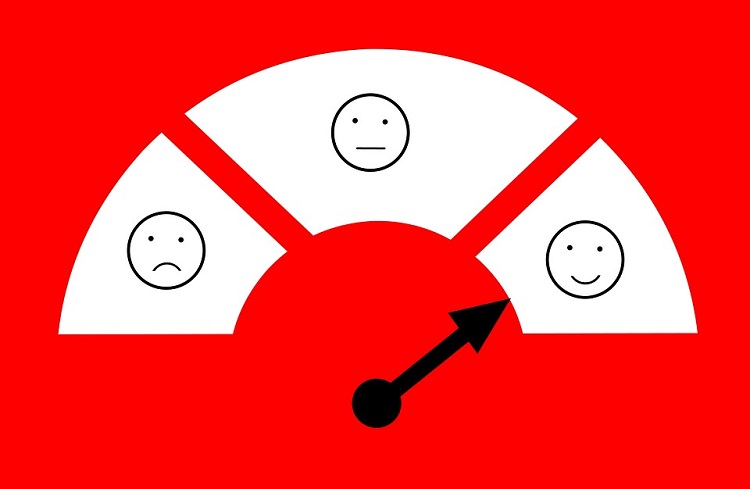According to Psychology Today, emotional intelligence refers to the ability to identify and manage one’s emotions, as well as the emotions of others.
Mayer and Salovey define emotional intelligence as the ability to perceive emotions, to access and generate emotions so as to assist thought, to understand emotions so as to promote emotional and intellectual growth.
To a larger extent, emotional intelligence includes at least three major skills: emotional awareness (the ability to identify and name one’s own emotions); the ability to harness the identified emotions and apply them to tasks like thinking and problem solving; the ability to manage emotions, which includes both regulating one’s own emotions when necessary and cheering up or calming down other people.
On Friday, last week, Kenyans took to social media with the hashtag #ToxicWorkSpaces and brought to the surface the immense suffering going on at their workstations. Most of those who vigorously engaged on the hashtag heaped blame on managers and business owners who are insensitive to the feelings of their employees.
From the conversation that went on, it was crystal clear that emotional intelligence was wanted in most workspaces within and without Kenya. It was evident that the ability to learn people’s behavior, master their feelings, and learn how to handle their emotions was missing. What was even clearer was the failure of the majority to identify their own emotions.
Employers need to understand their employees and employees need to do the same to their employers. Any failure to understand each other brings friction with each party crying foul. The truth is, the ability to effectively manage the human side of the business is critical to realizing success.
“The evidence is increasingly compelling. Emotional Intelligence is essential for both individual and business success,” said PTS Africa.
In business, if you don’t understand people, then you don’t understand business at all. Business is done for the people, by the people, and through people. Great minds don’t spend time building businesses, they take time building systems and people, and the people will, in turn, build the business. Someone said that the poor do a lot with their own hands but the rich hire hands to do things.
People are different. They are gifted, talented, skilled, and endowed differently. They have different personalities, temperaments, and experiences. Learn to handle them individually and personally as though he/she is the only person that matters and exists in your business.
Five Signs of High Emotional Intelligence
Think about feelings
Emotional intelligence is about dealing with feelings. One needs to identify their own feelings. What are your emotional strengths? What are your weaknesses when it comes to dealing with other people?
Control Your Thoughts
You might not be in a position to control your emotions but you can always control your reactions towards those emotions. Control how you approach issues.
Learn From Criticism
Not many people enjoy criticism. However, criticism is a chance to learn and enhance your skills in order to deliver better next time. Learn how you react to criticism and always see them as an opportunity to change and grow.
Listen to understand
Many people have a habit of listening with the intent to reply and not to understand.
Learn to say sorry when wrong.
Join PTS Africa for an Emotional Intelligence conference that will be happening on the 20th and 21st. Get more information here.












